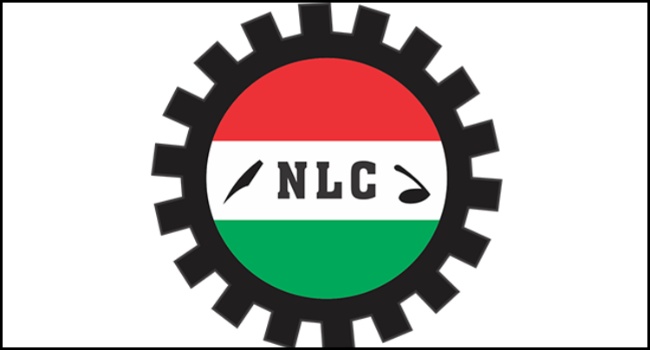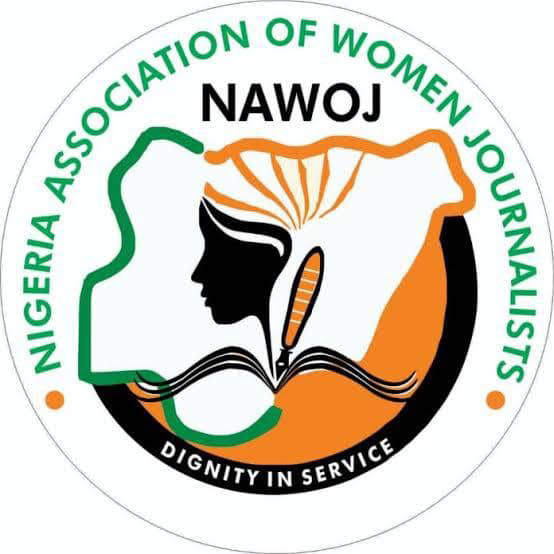Presidency Begins Approval Process to Settle ₦2 Trillion Power Sector Debt
The Nigerian Presidency has initiated internal approval procedures to resolve the ₦2 trillion legacy debt owed to electricity generation companies (GenCos), with plans to complete the process by the end of the upcoming quarter. This move forms part of broader efforts to stabilise Nigeria’s ailing power sector.
This was revealed by Eriye Onagoruwa, a representative of the Special Adviser to the President on Energy, during the second Nigerian Electricity Supply Industry (NESI) Stakeholders Meeting 2025, hosted by the Nigerian Electricity Regulatory Commission (NERC).
Onagoruwa acknowledged the financial strain the unresolved debts have placed on GenCos and how this has disrupted power supply nationwide. She noted that the government is exploring alternative debt instruments due to current fiscal limitations.
“We understand the challenges GenCos are facing,” she stated. “We are considering alternative financial tools, and I can confirm that both the Coordinating Minister of the Economy and the Debt Management Office are fully aligned with these efforts. Internal approvals are in progress.”
Although no definitive timeline was provided, Onagoruwa expressed optimism that concrete updates would be available by the next quarterly NESI meeting, indicating that action could be taken within the next three months.
This development comes amid increasing pressure from stakeholders. Generation companies recently warned that the government’s outstanding debts have now exceeded ₦4 trillion. The Senate Committee on Power also flagged the worsening liquidity crisis in the sector, revealing that the government owes GenCos around ₦200 billion monthly. As of this year, no payments have reportedly been made, pushing the 2024 debt alone to roughly ₦800 billion.
The stakeholders’ meeting convened regulators, operators, and key industry actors to tackle long-standing issues and advance ongoing reforms.
Key agenda items included:
- Addressing Nigeria’s metering gap
- The Presidential Metering Initiative
- Creation of a Meter Asset Fund
- Establishment of the Nigerian Independent System Operator (NISO)
- Transitioning to a multi-tier electricity market
- Integration of newly established State Electricity Regulatory Commissions
John Akinnawo, Acting Managing Director of Nigerian Bulk Electricity Trading Plc (NBET), cautioned that decentralisation, prompted by the Electricity Act 2023, could lead to market fragmentation. He urged NISO to spearhead policy alignment and operational coherence.
NISO Managing Director, Abdu Mohammed Bello, delivered a comprehensive presentation on the agency’s role in promoting transparency, grid coordination, and market stability.
Stakeholders at the meeting welcomed the Presidency’s renewed commitment to settling the GenCo debts and expressed cautious optimism that combined policy and operational reforms will help reposition Nigeria’s power sector for long-term growth and reliability.








